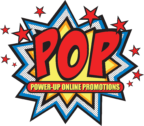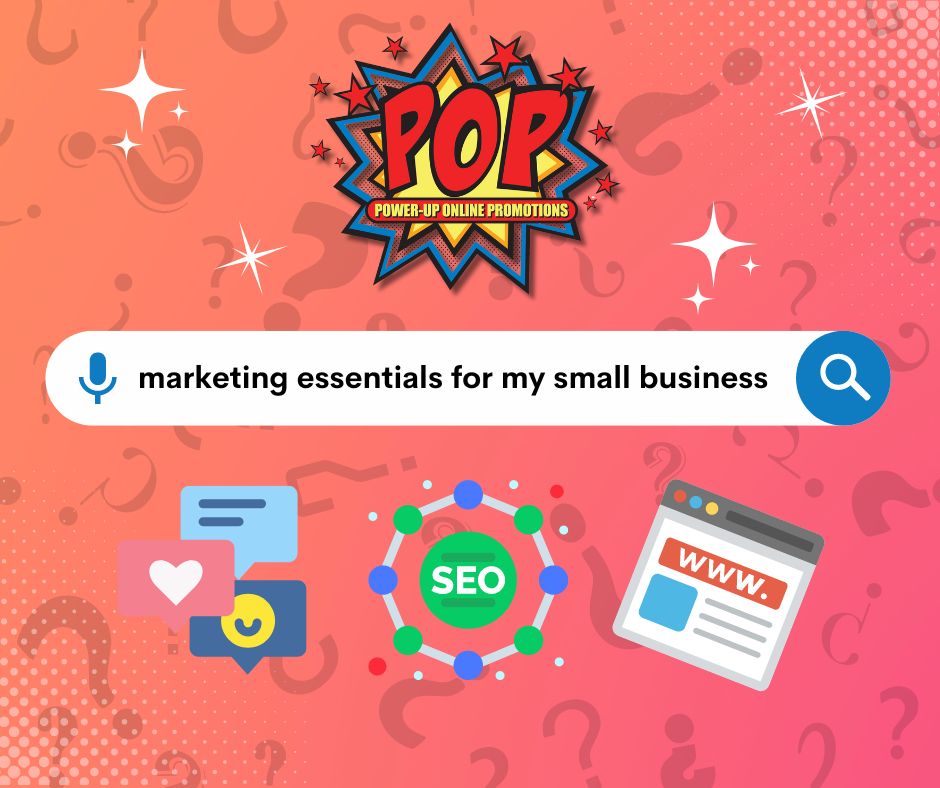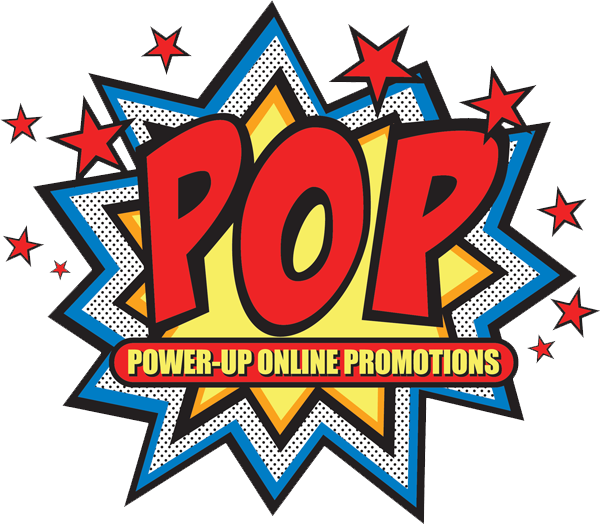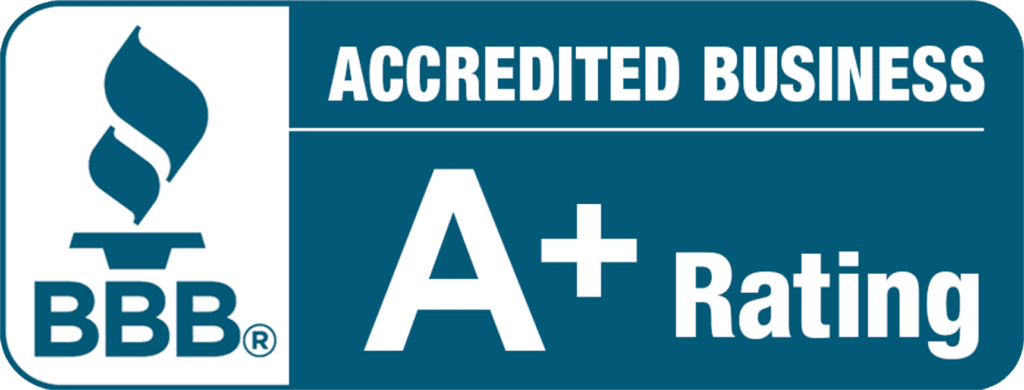Happy Spring, everyone! I’m super pleased Spring has come to Roanoke, though maybe not as happy as my dogs who are getting to go on a few more walks than usual. And as we spring into new life, obviously our minds turn to small business marketing questions.
I joke of course, but Spring often does push us to try something new much like the new year does. So whether that’s cleaning, getting in shape, or starting a new small business marketing initiative, I’ll take the boost.
Today’s blog is a bit of a change to form. I will start by answering what I have found to be some of the biggest or most common small business marketing questions. Feel free to comment below and I’ll answer your questions in a future blog.
For now, let’s starts with the basics.
Small Business Marketing Questions: The Whats
It’s hard to pick out your marketing partner or do your own small business marketing if you don’t know what it is! So let’s start by defining most of the components of small business marketing.
First in the List of Small Business Marketing Questions: What Is SEO?
One of the most vital things I do for my clients is SEO. And while most people have heard of SEO, that doesn’t mean they know what it is.
I’ve written a whole blog about SEO, which I encourage you to read but here’s your basic definition. SEO or Search Engine Optimization is your website’s findability. How easy is it for people looking for your services or products to find you?
There are many ways to improve your SEO, but the best place to start is by having quality content that clearly explains what you do for your clients. Of course, SEO is also about putting the right words in the right places, but it is not about tricking the search engines.
SEO is both a science and art and you should never sacrifice the quality of your content to try to game the system. There are WordPress plugins that help with SEO, but hire a professional to help when you can. Another important aspect of SEO is blogging, which allows you to cover more content and go deeper than you can on your basic webpages.
What Is Blogging?
Recently, I’ve had coffee with professionals in other fields, and they asked me the question that heads this section: “What is blogging?” It’s something I took as a given but that’s why it’s important to speak with people outside your field and bubble!
Blogging is simply writing about a particular subject. My colleagues sort of new that, but they didn’t know where it went or how it helped a business.
For the purpose of small business marketing, your blog should be part of your website. You can use your blog to talk about subjects that are of interest to your customers. That may be a Q & A (see the blog you’re currently reading), a deep dive about a particular question (see most of my blogs) or a story of a particular problem you solved.
Blogging improves your business’s SEO and helps to position you as an expert in your field.
What Is Social Media Marketing?
And the final “what” of the day is, “What is social media marketing?” We’re all familiar with social media, but how does it relate to your marketing?
Ideally, social media marketing shouldn’t be much different than personal social media, just for your business. Social media marketing is a chance for you to let customers get to know your business.
Since for many people the internet and social media are basically the same thing, being on there is essential. Use social media to be a little more casual but stay within your brand’s voice and values.
Do I Really Need a Website?
I hate to speak in absolutes, but honestly, the answer to whether your business needs a website is “almost definitely.” Even if some people do all their searching through social media, there is still a sizable portion of people who don’t, and your website serves multiple purposes.
I’ve written at length about understanding your website’s purpose but here are the cliff notes. Your websites does one or a combination of the following: establishes credibility, directly sells, or persuades.
Not every website does it all and that’s ok.
Awareness and Credibility
Without a professional website, it can be difficult to trust a company. While some small businesses begin without one, and some places with built-in businesses, like well-trafficked gas stations, don’t need them, the best practice is to establish a website to show you’re customers you’re legitimate. Even if you don’t sell or persuade through your website, you need one for the credibility baseline.
Persuasion
Your website can also be used to help you stand out, establish expertise (as described in blogging) or show what makes you different than your competitors.
All of those can help persuade readers to become customers.
Sales
Finally, some websites directly sell. Restaurants have ordering options and ecommerce allows people to buy commerce. In that case, you want your user experience to make it easy for browsers to to become buyers.
No Room For More Small Business Marketing Questions
Wow, that went quicker than I thought it would! I will definitely be posting at least one more blog to answer additional small business marketing questions. But today got you started with the basics.
If you have more you want addressed in the next blog, let me know! Or if you can’t wait, contact us by phone or email and we’ll help you right away!






Good day! This is my 1st comment here so I just wanted to give
a quick shout out and tell you I truly enjoy reading through your blog posts.
Can you recommend any other blogs/websites/forums that go over the
same subjects? Many thanks!
Thank you. Yes, please check out volume 2! 🙂
https://www.poweruponlinepromotions.com/business-marketing-questions-2/
Pingback: Business Marketing Questions: Volume 2 - Power-up Online Promotions